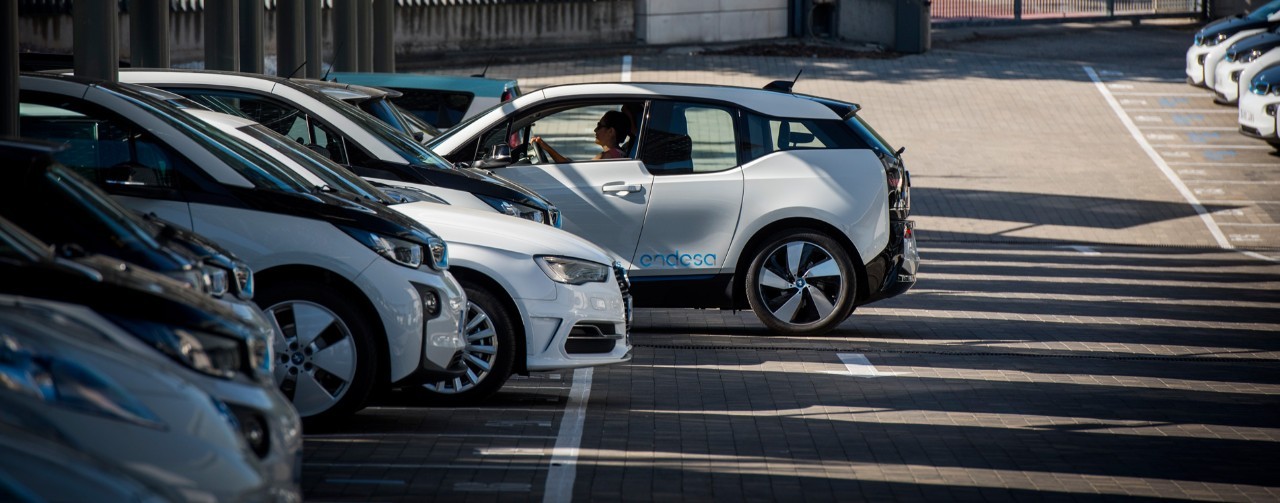
If you prefer to always view the website in English, please click here.
If you prefer to always view the website in English, please click here.
The eleventh edition of the LNG Blue Corridor Rally kicked off on 18 September in Lisbon, Portugal. Over forty natural gas vehicles (NGV) will travel 5,700 kilometres across nine countries until they reach St Petersburg to coincide with the International Gas Forum.
The first stage ended at Endesa’s gas station in Valdemoro, Madrid, where we welcomed the participants and we were able to confirm our commitment to this sustainable mobility solution; a real alternative to petroleum-based fuels in heavy duty vehicles, both nationally and internationally.
Heavy-duty vehicles account for significant amounts of air pollution, with annual emissions of around 22 Mt CO2. Using natural gas vehicles as an alternative helps to combat climate change, it contributes to decarbonisation and, in short, allows us to have cleaner air.
NGV are alternative fuel vehicles classed as producing “almost zero emissions”, since their NO2 emissions are practically non-existent and they comply with European Euro 6 emission standards.
Furthermore, PM emissions are reduced by 96% on the limits permitted by European legislation, with it being a real alternative that should be promoted and which can coexist with other sustainable mobility initiatives, such as electric vehicles, which are making so much progress.
Benefits include direct fuel savings, cutting costs by around 50%, as well as vehicle maintenance costs, with the life of many of its elements being considerably extended (spark plugs, the exhaust system, the carburettor and lubricants).
The sector is not a new one, but it has many possibilities of expansion ahead of it. The total number of natural gas vehicles currently stands at more than 6,100 units, a figure that increased by 1,100 vehicles in 2016, according to the National Traffic Authority. Most of these are heavy duty vehicles especially suited for intensive use, which has already enabled over 142,000 tonnes of diesel to be saved in one year.
Natural gas vehicles or NGV are a sustainable alternative, which are becoming increasingly popular among transport companies with buses and trucks, delivery services, urban transport and leasing companies, among others.
In fact, as the head of Endesa Energía, Miguel Barroso, explained while filling up at the Valdemoro gas station, “gas is the solution for the heavy-duty transport industry, given its sustainability and price. When it is said to be a transitory solution… this may be the case, but it is the solution for the next fifteen years”.
Accordingly, our commitment to this fuel is clear: in the medium term, we plan to inaugurate twelve new gas stations like the Valdemoro station; six in Spain, four in France and two in Portugal. NGV are a real, sustainable and economic alternative to traditional diesel vehicles.





.jpeg)